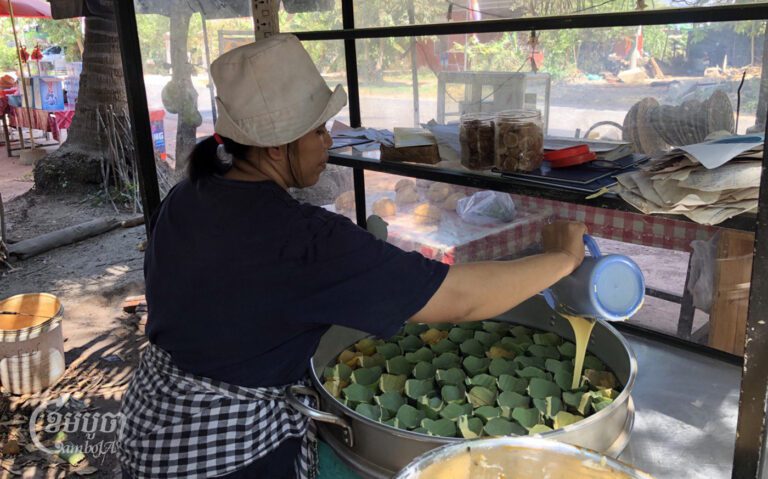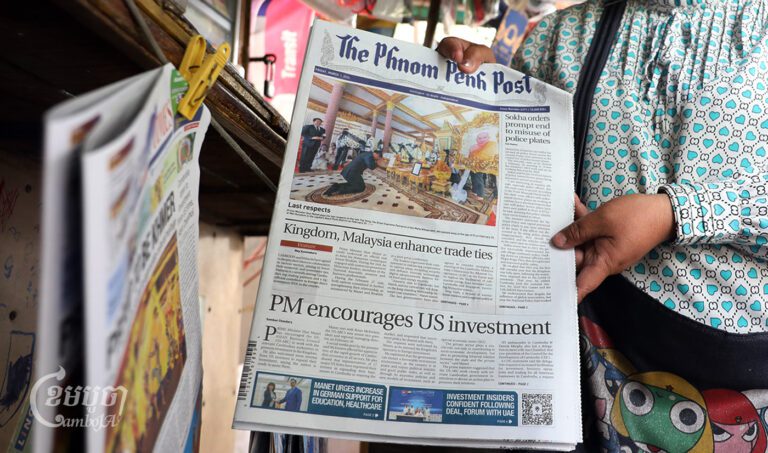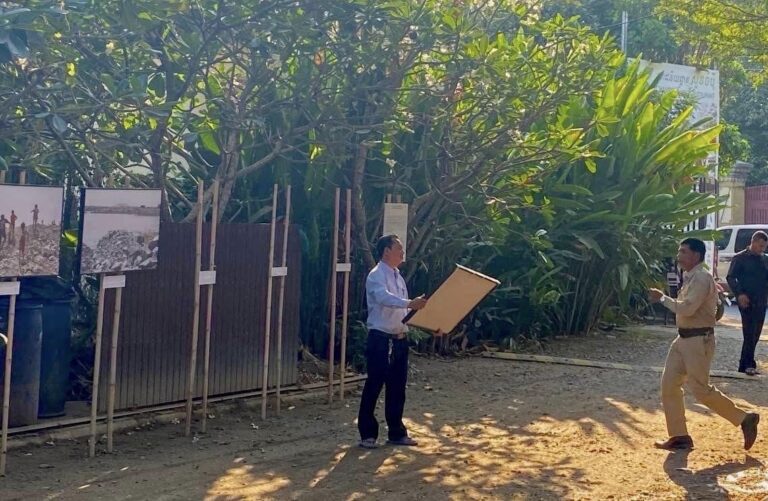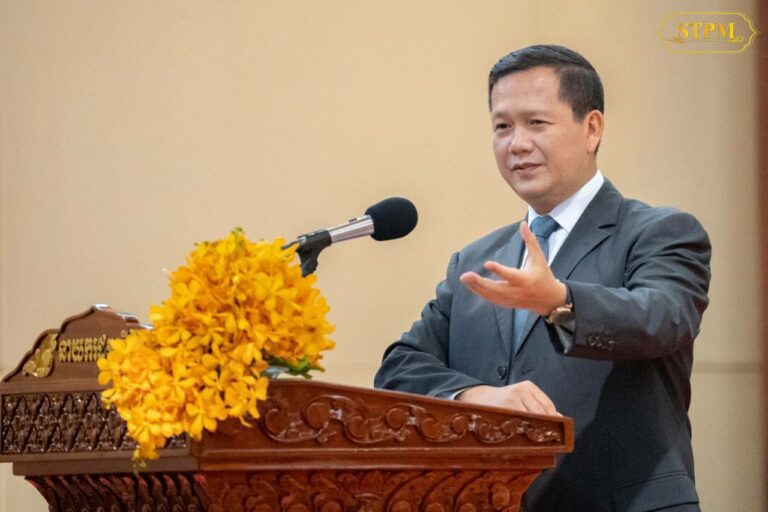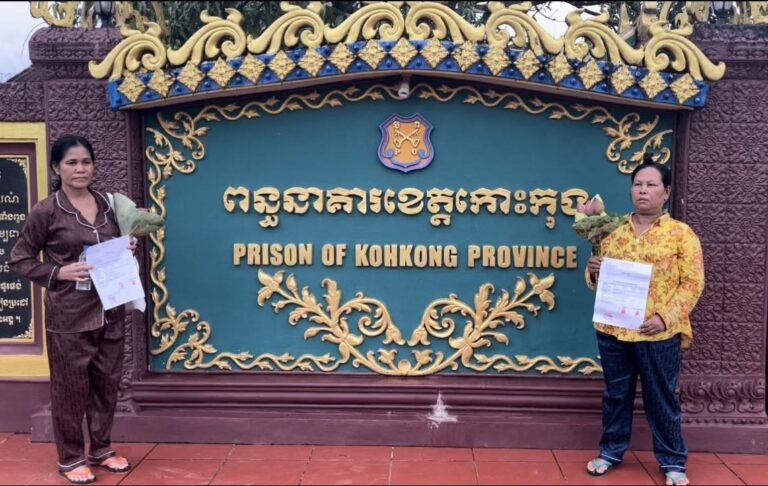The Phnom Penh Post, one of the oldest publications in Cambodia, ceased its print edition today following a decline in advertising revenue, in part due to the Covid-19 pandemic and the subsequent economic downturn. The closure also meant an end to jobs for over 80 printing staff. However, The Post, as it is commonly known, would continue operating online.
Publisher Ly Tayseng expressed regret over the print cessation as the Post had been publishing newspapers for over three decades, but failed to keep up with the digital age.
“It’s upsetting that newspapers, which have been operating for over 30 years, have to come to an end amid challenging times. Nevertheless, we have to accept the reality that with the advent of technology, people no longer want to read printed publications when they can easily access them online,” he said.
“The Post has encountered financial setbacks, such as the fall in advertising revenue and it cannot sustain operations any more,” Tayseng said, adding that the world has shifted from consuming news from print media to digital media. “Therein lies the reason for the Post’s closure.”
He said 82 staff, who possessed tasks related to print, will be laid off, with the media company ensuring that they are fairly compensated in accordance with the labor law.
“All the staff on the operation side are laid off. The Post does not have other positions for them, thus they would need to look for other jobs based on their experience,” he said.
On March 1, the Post announced its print closure by March 31, owing to the rapid advancement of technology and availability of news via social media, which also caused severe financial difficulties for the company.
The Post is the longest-running privately-owned newspaper in the Kingdom, having been in publication for 31 years. It is published in Khmer and English five days a week, and operates a daily updated website.
CamboJA reporter contacted the Post staff but they declined to share details of the company’s retrenchment package as the management had yet to share detailed information regarding their compensation. The staff referred further questions to their manager.
In a social media post, employees expressed nostalgia on their last day of work with the publication. One post read: “Today is my last working day in Phnom Penh Post after 14 years. Thank you to every team member for your love and support. This memory will be kept forever. I wish you all good luck and success in life”.
Cambodian Center for Independent Media executive director Chhan Sokunthea expressed sadness when she heard about the closure.
“I am sad because The Post is one of the oldest newspapers in Cambodia which is published in Khmer and English. The public will lose a space to access information, especially foreigners who want to know what is happening around Cambodia,” Sokunthea said.
She opined that the Post should have consulted relevant stakeholders like other media outlets to find solutions. “This comes as a complete surprise to the public, including other media outlets that access their articles,” she said.
In order to prevent similar problems in future, existing media should adopt new work styles and embrace new technologies. These days, she observed, the younger generation are not keen on reading newspapers as online news is easy to access and fast. Print publications, on the other hand, have many procedures to follow and take time before the news is published.
Recently, Rasmei Kampuchea newspaper also ceased publication after more than 30 years of existence due to low revenue and funds. At the same time, Lotus Radio, operating since 2016, ended its FM broadcast and shifted their program online. Both outlets are present on social media platforms, like Facebook and Youtube, where they continue to reach their audience.
Ministry of Information spokesperson Tep Asnarith told CamboJA via Telegram that the closure of The Phnom Penh Post was an “unfortunate and regrettable” event which happened within the traditional media landscape.
“As a citizen who reads this newspaper, I really didn’t want to experience this great loss. However, it’ll continue in digital form to disseminate information to readers, and ensure continued access to information in Cambodia,” said Asnarith.
In recent years, traditional media such as newspapers, magazines, radio and television have had to deal with the impact from rapid technological growth, resulting in a shrinking target audience, and advertising revenue.
The advancement in technology has influenced media space, which has its pros and cons. People seek information from modern media, including social media and other digital platforms, he added.
As of October 2023, ministry data showed that there were 284 radio stations, 938 online portals, 27 foreign news agencies, 194 magazines, 447 prints, 404 TV stations (digital, optic, satellite, OTT, live), 51 media associations, and 2,000 licenced media outlets in Cambodia. There are over 3,000 licensed journalists working in the nation.



